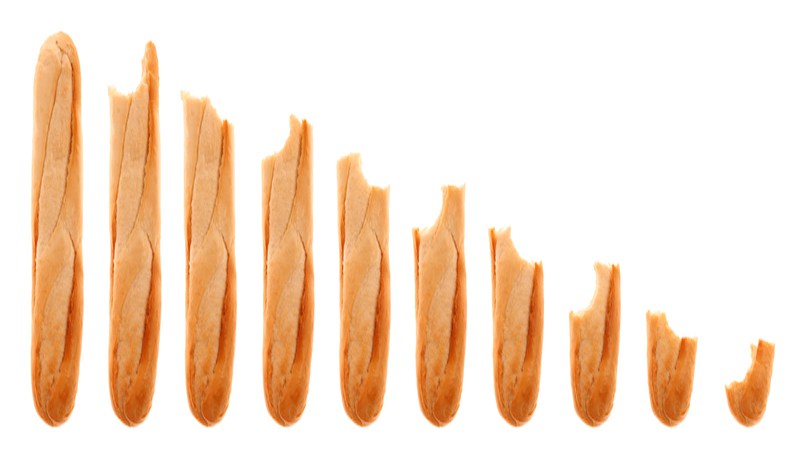Brought to you by Investec Switzerland. The Swiss National Bank could reduce the amount of leeway it grants banks on its negative deposit rate in a bid to prevent an already “significantly overvalued” franc from strengthening, President Thomas Jordan said. © Peterpolak | Dreamstime.com Still, reducing the threshold — currently 20 times an institution’s minimum reserves — isn’t an imminent step, Jordan said in an interview with Bloomberg Television in Washington on Saturday, where he attended the spring meetings of the International Monetary Fund and the World Bank. That’s despite mounting stimulus in the neighboring euro area from the European Central Bank. “For the time being there is no plan to change the exemption threshold,” Jordan said. “As I said before, this could also be potentially a policy instrument,” he also said, affirming comments made earlier this year in an interview in Shanghai. A newly expanded ECB bond-buying program is adding to euro- area liquidity that could push down the euro against the haven franc. That leaves economists wondering whether SNB policy makers could build upon their existing tools of a sight deposit charge of 75 basis points and a pledge to intervene in currency markets without inflicting unwanted damage to the financial system.
Topics:
Investec considers the following as important: Business & Economy, Editor's Choice, Negative Swiss interest rates
This could be interesting, too:
Investec writes The global brands artificially inflating their prices on Swiss versions of their websites
Investec writes Swiss car insurance premiums going up in 2025
Investec writes The Swiss houses that must be demolished
Investec writes Swiss rent cuts possible following fall in reference rate
The Swiss National Bank could reduce the amount of leeway it grants banks on its negative deposit rate in a bid to prevent an already “significantly overvalued” franc from strengthening, President Thomas Jordan said.

© Peterpolak | Dreamstime.com
Still, reducing the threshold — currently 20 times an institution’s minimum reserves — isn’t an imminent step, Jordan said in an interview with Bloomberg Television in Washington on Saturday, where he attended the spring meetings of the International Monetary Fund and the World Bank. That’s despite mounting stimulus in the neighboring euro area from the European Central Bank.
“For the time being there is no plan to change the exemption threshold,” Jordan said. “As I said before, this could also be potentially a policy instrument,” he also said, affirming comments made earlier this year in an interview in Shanghai.
A newly expanded ECB bond-buying program is adding to euro- area liquidity that could push down the euro against the haven franc. That leaves economists wondering whether SNB policy makers could build upon their existing tools of a sight deposit charge of 75 basis points and a pledge to intervene in currency markets without inflicting unwanted damage to the financial system.
Jordan said that while he believes banks can cope with even deeper negative rates, “obviously, we have to analyze that exactly, and see under what circumstances we have also to make adjustments in that case to the system.”
Under the current threshold, 73 percent of domestic sight deposits are exempt from the deposit charge, according to Credit Suisse Group AG calculations.
By Alessandro Speciale (Bloomberg)
For more stories like this on Switzerland follow us on Facebook and Twitter.
